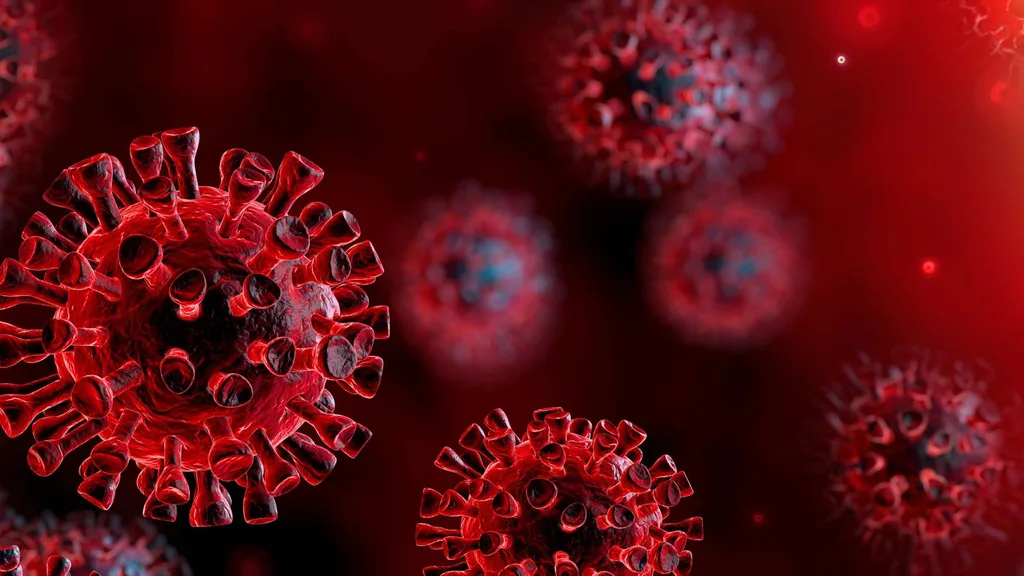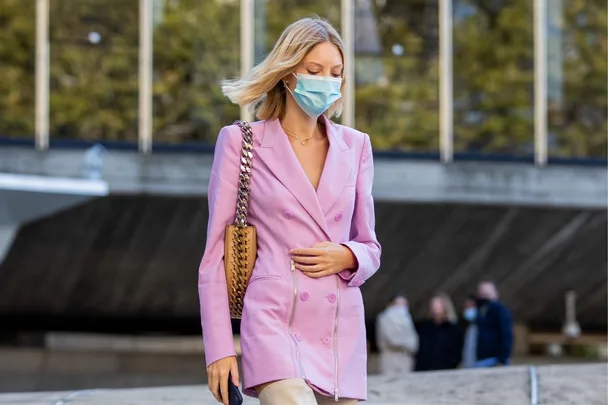Over the weekend, the Omicron variant (also known as the South African variant) was declared a COVID-19 variant of concern by the World Health Organisation (WHO). It is now the fifth strain of the COVID-19 virus to be deemed a variant of concern by WHO.
On Sunday, two strains of the virus were detected in Sydney, in travellers returning from South Africa. They were isolating in hotel quarantine, with genome sequencing confirming that it was the Omicron variant of COVID-19 on Sunday.
The Netherlands, Italy, Germany, Hong Kong, Belgium, Austria and the United Kingdom have all confirmed cases of the Omicron variant, but information on the severity of symptoms and transmissibility are still being investigated. The United States, United Kingdom and the European Union nations have all closed their borders to South Africa in attempts to reduce the spread.
So, what do we know about the Omicron variant so far, and how worried do we need to be here in Australia? Below, everything we know so far.

What do we know about Omicron so far?
Leading health experts and the WHO have stressed that we must not panic just yet, particularly while studies and testing of the variant are still underway. Several industry experts have reiterated that mutations of the virus were always to be expected, and we must remember that not all of them will necessarily undo all the work we’ve already done.
“The emergence of a new variant, though unsettling, is far from unexpected,” said Dr Deborah Cromer, Group Leader in Infection Epidemiology and Policy Analytics at the Kirby Institute.
“Viruses constantly mutate and take on new forms, and the level of existing immunity against a new variant is key in determining the impact an emerging strain will have. Scientists will now need to quickly use established laboratory methods to determine how much immunity blood from vaccinated people has against Omicron and we will then be able to use the established relationship between immunity and vaccine efficacy to predict how existing vaccines will perform against Omicron, and therefore how much impact this new variant may have on the inroads we have made in the fight against Covid-19 disease.”
“Not all COVID-19 variants cause trouble. For example, Lambda and Mu have not taken off globally, so it is possible that the new variant, Omicron, could hopefully fizzle out,” said Associate Professor Sanjaya Senanayake, a specialist in Infectious Diseases and Associate Professor of Medicine at ANU.
As for how this particularly strain could be concerning, Associate Professor Senanayakt said it comes back to its mutations.
“Omicron is troubling in terms of its mutations and the limited infections that have been seen in people. It has a lot of mutations, more mutations than seen before with previous variants. Some of these mutations can increase transmissibility of the variant, while others can help it evade the immune system: a worrying combination.”
“In terms of behaviour in people, the WHO has said that there’s an increased risk of reinfection with Omicron compared to other variants of concern. Also, the WHO suggested that it is growing at a faster rate than previous infection surges, suggesting it could be more infectious than Delta. The limitations here are that it is still early in the discovery of the variant, so time will tell if these initial trends persist. It will also take time to determine the effectiveness of our current vaccines against Omicron, involving both observational and laboratory data,” he said.
How have other nations responded to Omicron?
Australia has now tightened its restrictions for international travellers entering from South African countries. Anyone arriving from South Africa, Lesotho, Botswana, Zimbabwe, Mozambique, Namibia, Eswatini, Malawi and the Seychelles must now undergo 14 days in quarantine, regardless of their vaccination status.
Travellers entering into NSW, Victoria and ACT are also now required to immediately go to their place of residence or accommodation and isolate for 72 hours pending further health advice.
During a press conference on Sunday, Victoria’s Chief Health Officer Brett Sutton confirmed that being vaccinated would help protect against the Omicron variant, but we won’t know exactly how much protection they offer until we receive more information in the coming weeks.
How worried do Australians need to be about Omicron?
As previously mentioned, both experts and the WHO are urging people to remain calm while studies are underway regarding the Omicron strain.
Most recently, Greg Hunt, Australian Minister for Health and Aged Care, has ordered Australia’s vaccine experts to review the timeframe for booster shots in light of the new Omicron strain. Currently, booster shots are delivered 6 months after the second dose, but this timeframe could be potentially be shortened as new evidence of the strain surfaces.
The makers of AstraZeneca, Pfizer, Moderna and Novavax vaccines have all stated that they plan to adapt their shots to combat the Omicron variant, which could be possible within 100 days.
Health experts are using the situation to advocate for people to get vaccinated if they haven’t been already. The more people that are vaccinated within the community, the better chance we have of fighting the virus off and minimising the spread. The situation is being closely monitored by health authorities around the world, with individual nations approaching it as they see fit.










